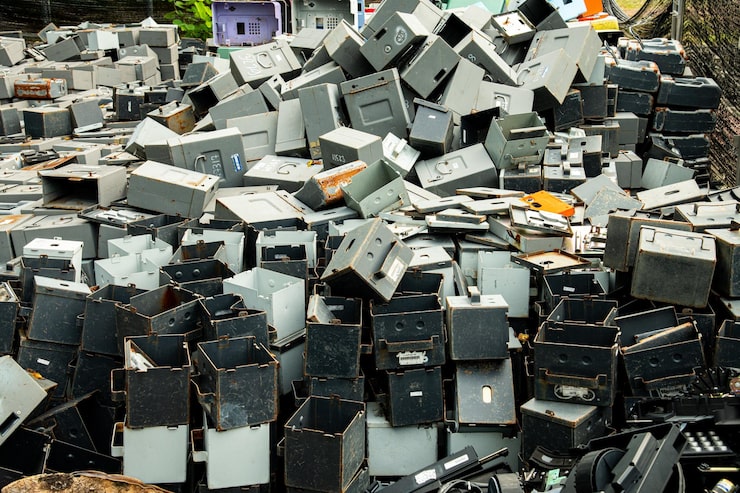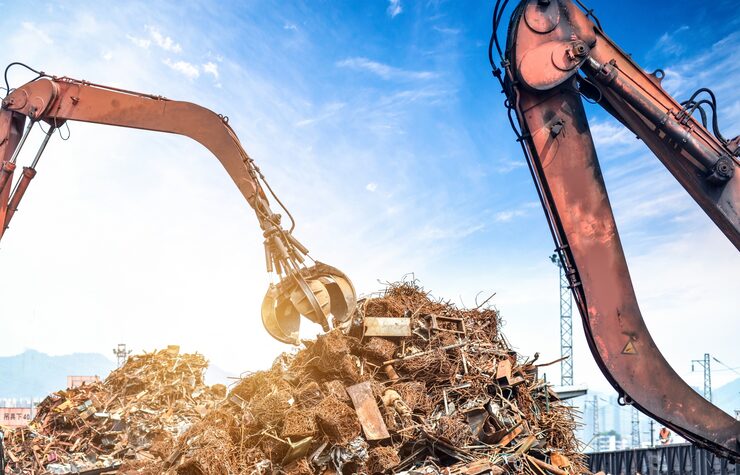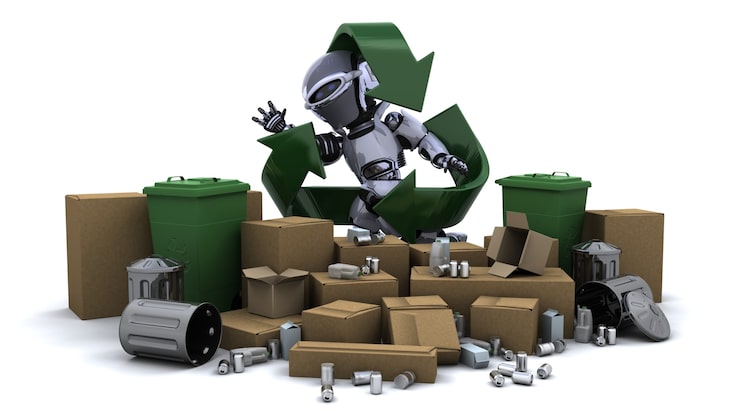The recycling industry is no longer just about collecting and processing materials—it’s becoming a technology-driven ecosystem. As global sustainability goals push for smarter and more efficient recycling methods, scrap yard software is emerging as a key player in transforming how modern recycling businesses operate.
1. From Paperwork to Productivity
For years, recycling yards relied heavily on manual record-keeping and paper-based documentation. These outdated systems made it difficult to track materials, manage compliance, or understand true profit margins.
With scrap yard software, everything changes. Transactions, customer data, material grades, and payments are now handled digitally in a single, organized platform. This shift not only eliminates paperwork but also improves transparency and accuracy in every step of the recycling process.
2. Streamlining Operations with Automation
Automation is the heart of digital transformation. Advanced scrap yard management systems connect all departments—purchasing, sales, inventory, accounting, and compliance—under one dashboard.
Instead of juggling spreadsheets and manual inputs, the software automates tasks such as ticket creation, material grading, and payment calculations. The result is faster processing, fewer human errors, and a more productive workforce that can focus on value-added activities rather than paperwork.

3. Real-Time Insights for Smarter Decisions
Recycling businesses thrive on accurate and timely information. With built-in analytics and live dashboards, scrap yard software provides instant visibility into critical metrics such as inventory levels, pricing trends, and material flow.
Managers can make informed decisions on when to buy, sell, or store specific metals based on real-time market data. This agility helps increase profit margins while reducing waste and inefficiency.
4. Ensuring Compliance and Security
Environmental and legal compliance are non-negotiable in the recycling industry. Modern scrap yard software automatically records customer IDs, transaction details, signatures, and digital receipts.
This creates a secure and auditable record for every purchase or sale, protecting businesses from regulatory penalties and ensuring that all transactions meet local and national laws. With data stored safely in the cloud, the risk of lost or tampered documents becomes a thing of the past.
5. Enhancing Customer Experience
Digital transformation also improves customer relationships. Automated billing, instant notifications, and quick payments mean clients spend less time waiting and more time doing business.
When customers can trust that your yard runs efficiently and transparently, it builds loyalty and encourages repeat business. The software’s ability to send quotes, invoices, and updates instantly makes your yard appear modern, professional, and reliable.
6. Scaling for Future Growth
As recycling expands into areas like e-waste, plastics, and battery recovery, scalability becomes essential. The latest scrap yard software solutions are designed to grow with your business—adding new materials, branches, and employees without disrupting existing operations.
Cloud integration ensures that your data is accessible from any device, anywhere, keeping your business agile in a rapidly changing marketplace.

Conclusion: A Smarter, Sustainable Future
The future of recycling depends on how quickly businesses adapt to digital transformation. Scrap yard software is not just a management tool—it’s the backbone of modern recycling operations.
By embracing automation, real-time data, and digital compliance, recycling companies can reduce costs, improve efficiency, and strengthen their commitment to sustainability. In this new era, technology isn’t replacing people—it’s empowering them to build a cleaner, more efficient, and profitable recycling future.




